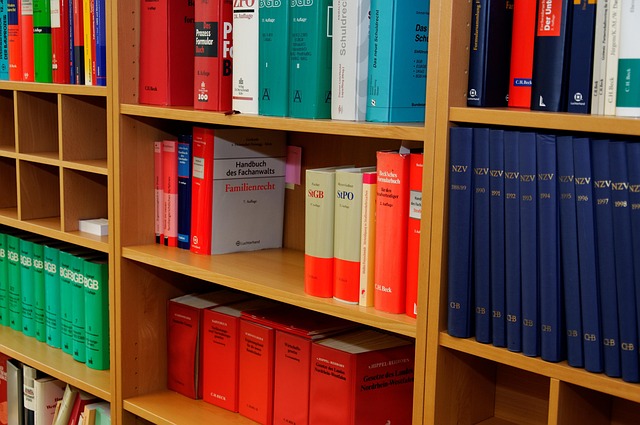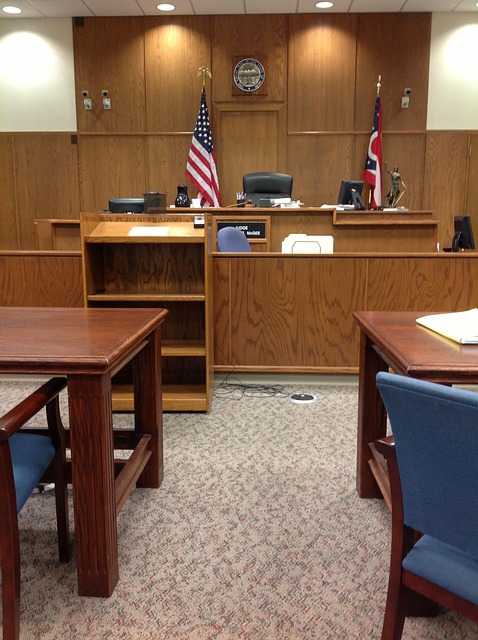New York State's (NYS) Electronic Recycling Law dictates responsible e-waste disposal in NYS, including Boston and NYC. Both cities comply with distinct implementations: Boston has regular e-recycling events adhering to NYS standards, while NYC offers comprehensive programs with drop-off locations and collection events. All residents and businesses can avail these services, ensuring compliance with strict NYS regulations for environmental stewardship.
“In the bustling metropolis of New York City, navigating proper hazardous waste management is essential to safeguarding both residents and the environment. This comprehensive guide delves into the intricate details of NYC area hazardous waste collection, including the nuances of the NYS Electronic Recycling Law and Boston’s pivotal role in facilitating responsible electronics disposal. From understanding basic collection methods to exploring local initiatives, we uncover best practices for safe handling of common items, emphasizing the profound impact of effective hazardous waste management.”
- Understanding NYS Electronic Recycling Law
- Hazardous Waste Collection in NYC Area: Basics
- Boston's Role in NYS Electronics Disposal
- Safe Handling Practices for Common Items
- Local Initiatives for Responsible Recycling
- The Impact of Proper Hazardous Waste Management
Understanding NYS Electronic Recycling Law

In New York State (NYS), the Electronic Recycling Law mandates responsible disposal and recycling of electronic devices, ensuring a safer environment for all. This law applies to both NYC and Boston, but the regulations differ slightly in their implementation. Understanding these regulations is crucial for both residents and businesses looking to dispose of electronics responsibly.
Boston hosts regular e-recycling events that adhere to NYS standards, making it easier for locals to recycle old devices. These events offer an eco-friendly alternative to improper disposal methods. On the other hand, NYC has established its own comprehensive electronic recycling program, with drop-off locations and collection events across the city. Residents in both cities can access these services while ensuring their electronic waste is handled according to NYS-compliant regulations.
Hazardous Waste Collection in NYC Area: Basics

In the New York City area, hazardous waste collection is a critical aspect of environmental stewardship, guided by the state’s robust regulations. The NYS electronic recycling law, specifically tailored for Boston and surrounding areas, mandates responsible disposal of electronic waste (e-waste). This includes items like computers, phones, and other devices that contain harmful substances if not recycled or disposed of properly. To facilitate this, local e-waste drop-off locations follow the state’s guidelines, ensuring Boston complies with the NYS electronic recycling mandate.
Recycling old electronics according to state law in Boston not only helps reduce environmental impact but also promotes the recovery of valuable materials. The process involves safe separation and treatment of hazardous substances, preventing them from entering landfills or contaminating water sources. This commitment to sustainable practices reflects broader efforts to create a greener future for the NYC area and beyond, ensuring that technological advancements do not come at the cost of our planet’s health.
Boston's Role in NYS Electronics Disposal

Boston plays a pivotal role in New York State’s (NYS) efforts to responsibly manage and recycle electronic waste, often referred to as e-waste. As one of the state’s major metropolitan areas, Boston has embraced the NYS electronic recycling law, ensuring that electronic devices are disposed of in an eco-friendly manner. The city’s commitment to this cause is evident through its implementation of best practices for Boston area electronic recycling under NYS rules. This proactive approach not only helps reduce the environmental impact of e-waste but also keeps up with the ever-evolving NYS regulations.
The importance of proper e-waste management cannot be overstated, especially given the strict NYS penalties for non-compliance with these laws in Boston. By adhering to the state’s guidelines, Boston ensures that its electronic recycling processes are safe, efficient, and environmentally sound. This responsible handling of e-waste contributes to a greener future for New York State as a whole, reflecting Boston’s dedication to its role in promoting sustainable practices under NYS law.
Safe Handling Practices for Common Items

When it comes to New York State (NYS) electronic recycling law, Boston residents have a responsibility to handle and dispose of electronic waste safely and responsibly. Common items like computers, phones, and small appliances require special care due to their potential hazardous materials. Adhering to NYS guidelines, efficient e-recycling strategies are essential for minimizing environmental impact and ensuring proper disposal.
Boston has shown its commitment to sustainable e-waste disposal by strictly following state laws and regulations. The city encourages residents to take advantage of local drop-off locations and events, which offer secure and eco-friendly ways to get rid of old electronics. By doing so, Boston residents contribute to a cleaner environment, reducing the amount of electronic waste ending up in landfills or being improperly recycled. This initiative aligns with the NYS mandate for responsible e-waste management.
Local Initiatives for Responsible Recycling

New York State (NYS) has been a leader in promoting responsible recycling practices, and its electronic waste (e-waste) management guidelines have significantly influenced cities like Boston. The NYS electronic recycling law sets strict standards for the proper disposal of electronics, ensuring that hazardous materials are handled safely and securely. In line with these initiatives, Boston has also implemented various programs to facilitate responsible e-recycling.
Local electronic recycling centers near me in Boston follow NYS guidelines, offering convenient drop-off points for residents to dispose of their old electronics responsibly. These centers often provide free or low-cost services, making it easy for Boston folks to contribute to environmental initiatives. Furthermore, the city’s focus on NYS environmental initiatives for electronic recycling ensures that the process is eco-friendly and in line with state regulations, fostering a greener community. For residents looking to recycle their electronics, following Recycling electronics responsibly: A guide for Boston residents per NYS laws can help navigate the process effectively while contributing to a sustainable future.
The Impact of Proper Hazardous Waste Management

Proper hazardous waste management is paramount for cities like New York City and Boston, where a significant amount of electronic waste (e-waste) is generated daily. The NYS electronic recycling law mandates that both NYC and Boston area businesses take responsibility for the proper disposal and recycling of e-waste, including items such as computers, phones, and other electronics. Compliance with these regulations not only benefits the environment by reducing toxic substances from entering landfills but also fosters a sustainable circular economy.
Non-compliance with NYS laws regarding e-waste recycling in Boston or NYC can result in substantial penalties. Businesses must implement effective strategies to collect, transport, and recycle hazardous waste materials responsibly. Comparing electronic waste disposal laws between NYC and Boston reveals consistent efforts across the state to regulate e-waste management, underscoring the importance of adhering to these laws for a cleaner and more sustainable future.
The NYC area’s hazardous waste collection system, guided by the NYS Electronic Recycling Law and enhanced by initiatives like those in Boston, plays a pivotal role in responsible e-waste management. By understanding basic collection methods, safe handling practices, and local efforts, residents can actively contribute to minimizing environmental impact. Proper hazardous waste management not only conserves resources but also safeguards public health and the environment, ensuring a sustainable future for all.














